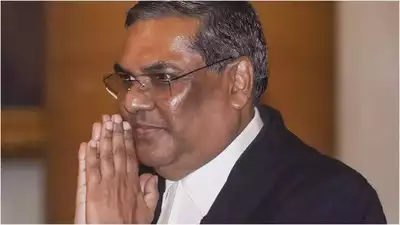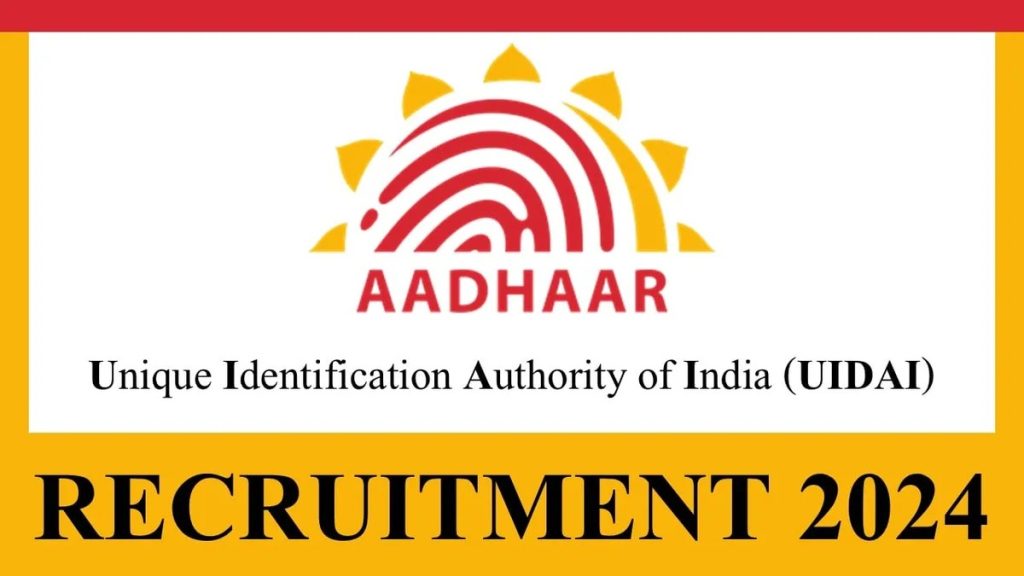Nathan Anderson, who started Hindenburg in 2017, cited the toll of the “rather intense, and at times, all-encompassing” nature of the work as the reason for his decision, in a website post published on Wednesday.
Nathan Anderson, the founder of Hindenburg Research, announced on Wednesday that he will be shutting down the short-selling firm responsible for sparking some of the most consequential market sell-offs in recent years. Anderson, whose firm exposed financial wrongdoing in companies such as India’s Adani Group and U.S.-based Nikola, cited the “intense, and at times, all-encompassing” nature of the work as the reason for his decision.
In a post on the Hindenburg website, Anderson explained that there was no specific catalyst for the closure—no health concerns, threats, or personal issues. Instead, he said, the decision was part of a long-term plan. “The plan has been to wind up after we finished the pipeline of ideas we were working on,” Anderson wrote. “That day is today.”
Hindenburg’s investigative legacy
Founded in 2017, Hindenburg Research gained prominence by investigating companies it suspected of accounting irregularities, fraud, or mismanagement. Unlike other investment firms, Hindenburg did not manage client funds but operated independently, betting against companies it found problematic. Anderson and his team would research a company for months, sometimes longer, before publishing public reports outlining their findings.
Once a report was published, Hindenburg would bet against the target company by short-selling its stock—a strategy where an investor borrows a stock, sells it, and buys it back at a lower price, profiting from the difference. However, short-selling carries substantial risk, as the price of a stock can rise, leading to potentially unlimited losses.
The high-profile short-selling campaigns
Hindenburg’s most significant campaigns included its investigation into the Adani Group. In a 2023 report, Hindenburg accused the Adani Group of improper use of offshore tax havens and manipulation, allegations that wiped over $100 billion in value from the group’s shares. The Adani Group denied the accusations, but the report prompted both regulatory and legal investigations.
In November, US prosecutors indicted Gautam Adani in New York on charges related to a multibillion-dollar bribery and fraud scheme, a case that brought global attention to the billionaire and his empire.
In 2020, Hindenburg took aim at electric truck manufacturer Nikola, accusing the company of misleading investors about its technological capabilities. Anderson’s team pointed out that a promotional video, which showed a Nikola truck cruising at high speed, was staged—the vehicle had been rolled down a hill. The investigation led to the conviction of Nikola’s founder, Trevor Milton, on fraud charges in 2022.
Hindenburg’s short-seller model relied on uncovering what Anderson called “man-made disasters.” The firm specialized in identifying accounting fraud, undisclosed related-party transactions, and corporate mismanagement, leading to massive market sell-offs once its findings were made public.
Challenges to the short-selling model
Hindenburg’s shutdown comes amid broader challenges to the short-selling industry. In 2023, Jim Chanos, another renowned short-seller best known for his bet against Enron before its collapse, also shuttered his firm. Both Chanos and Anderson had complained of the pressures of the business and the decreasing profitability of short-selling.
On his website, Anderson reflected on Hindenburg’s role in reshaping corporate accountability. “We shook some empires that we felt needed shaking,” he wrote, adding that nearly 100 individuals had been charged by regulators “at least in part” due to Hindenburg’s reports.
Future plans
Though Anderson is stepping back from Hindenburg, he hinted at plans to share the firm’s investigative techniques with the public. Over the next six months, Anderson plans to release a series of materials and videos to “open-source every aspect of our model and how we conduct our investigations”.
Anderson, a University of Connecticut graduate who began his career at a financial data firm, acknowledged that the relentless focus on his work had come at a personal cost. “The intensity of it means missing out on a lot of the rest of the world and the people I care about,” he wrote, adding that he no longer views Hindenburg as the defining chapter of his life.
Tags: AdaniHindenburg Research




